List Of Descriptive Plant Species Epithets (A–H) on:
[Wikipedia]
[Google]
[Amazon]
 Since the first printing of
Since the first printing of




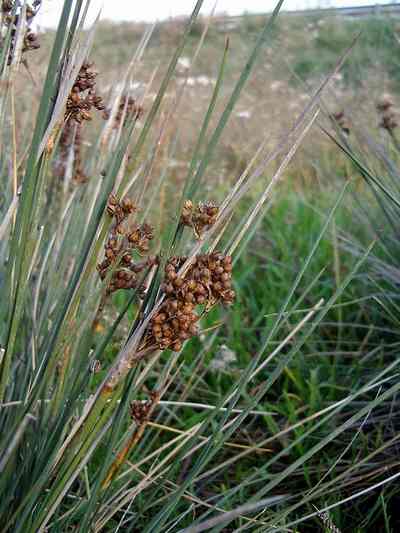
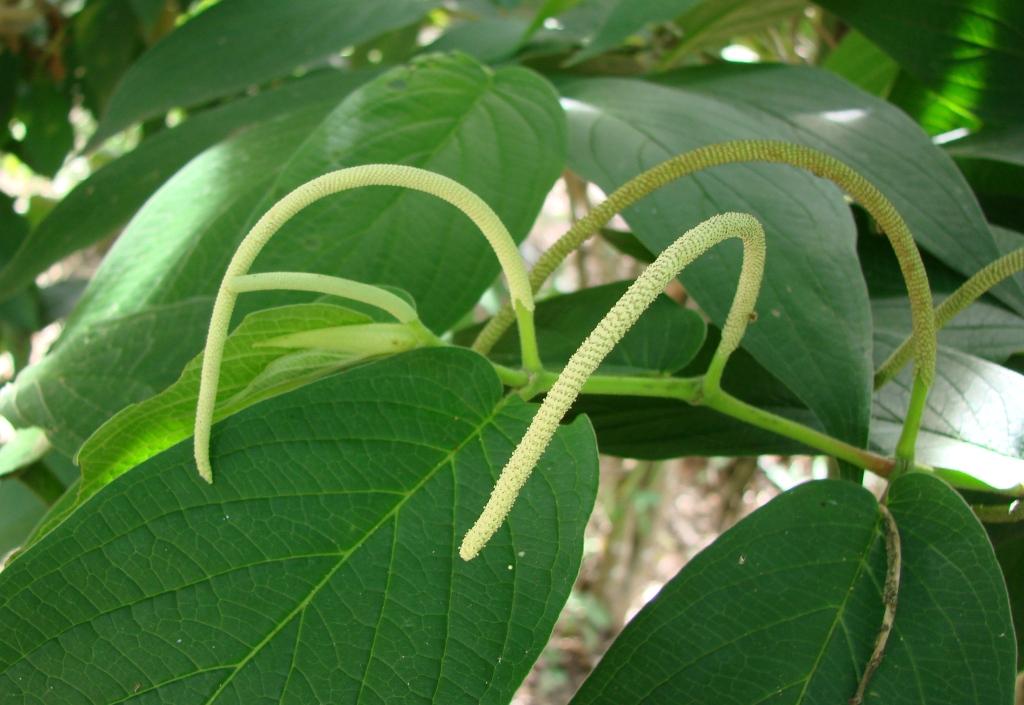



















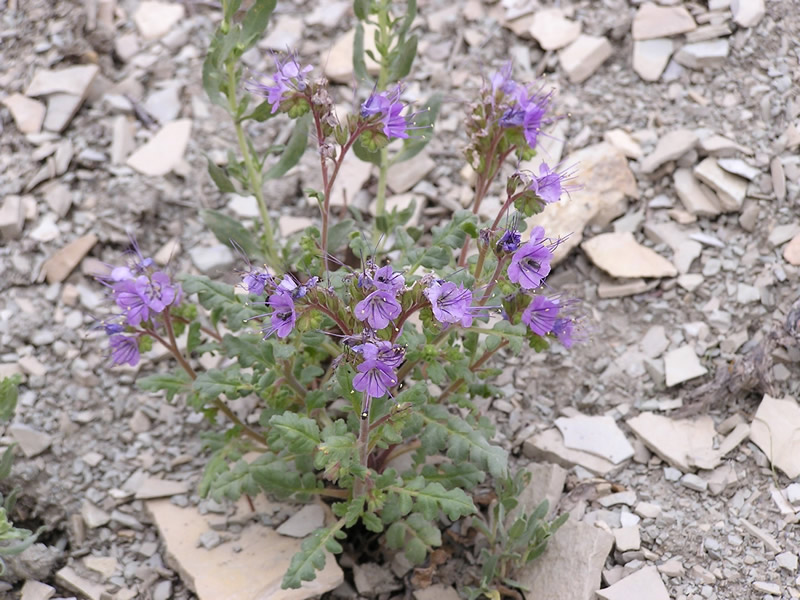







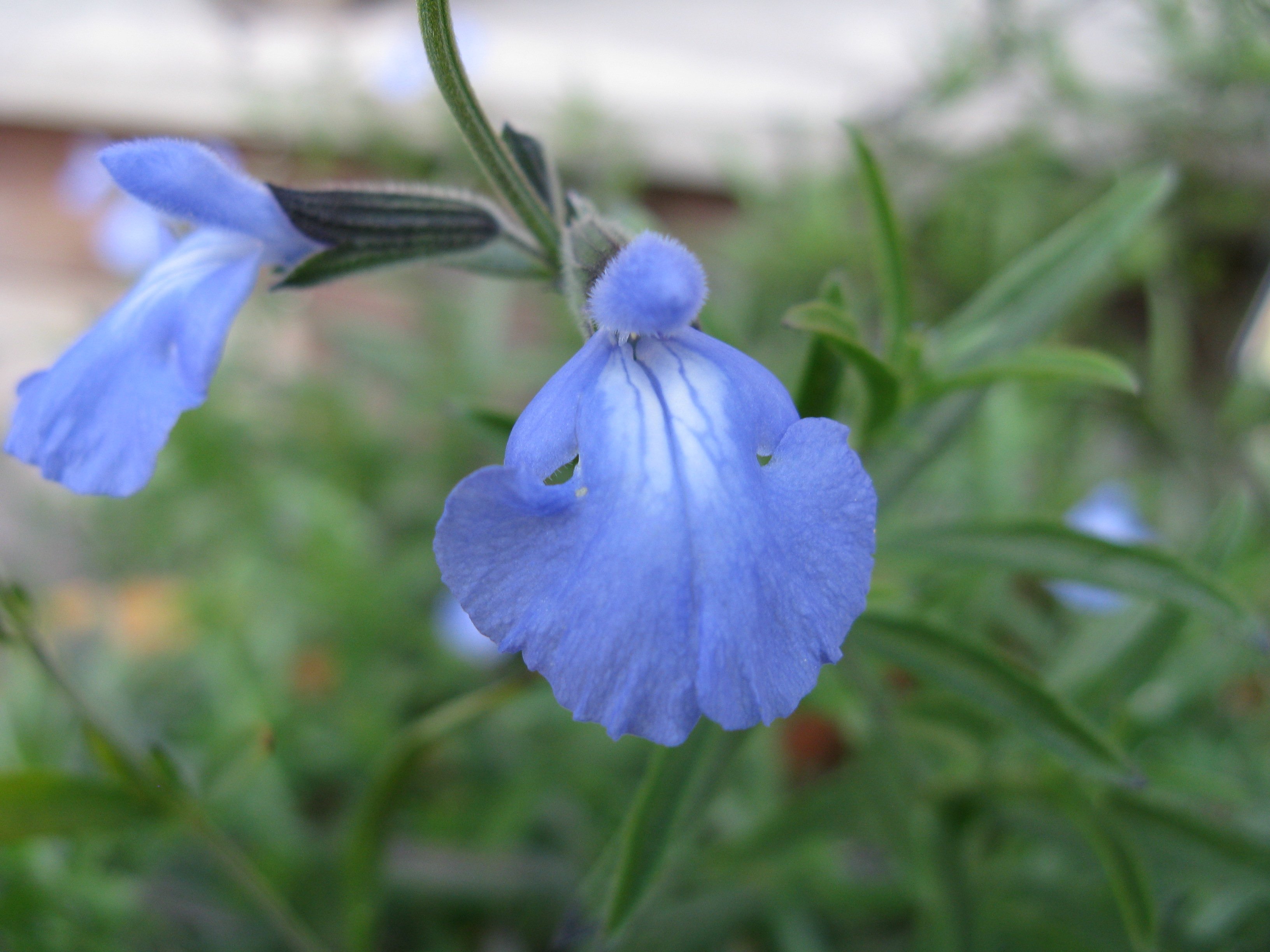

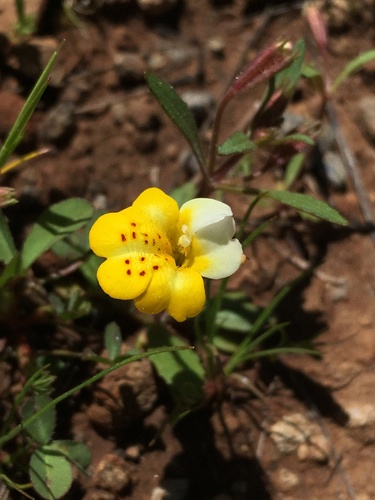
























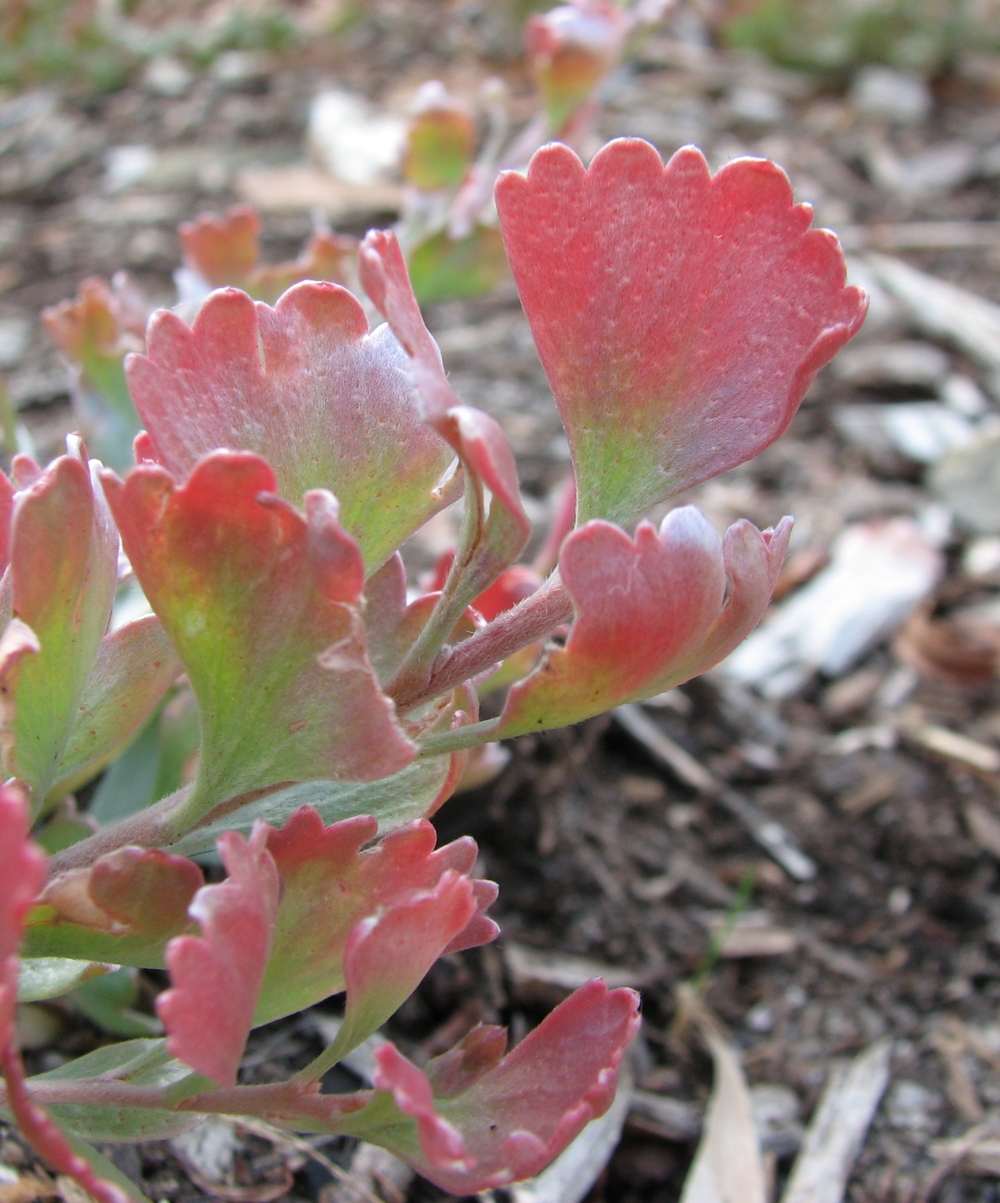




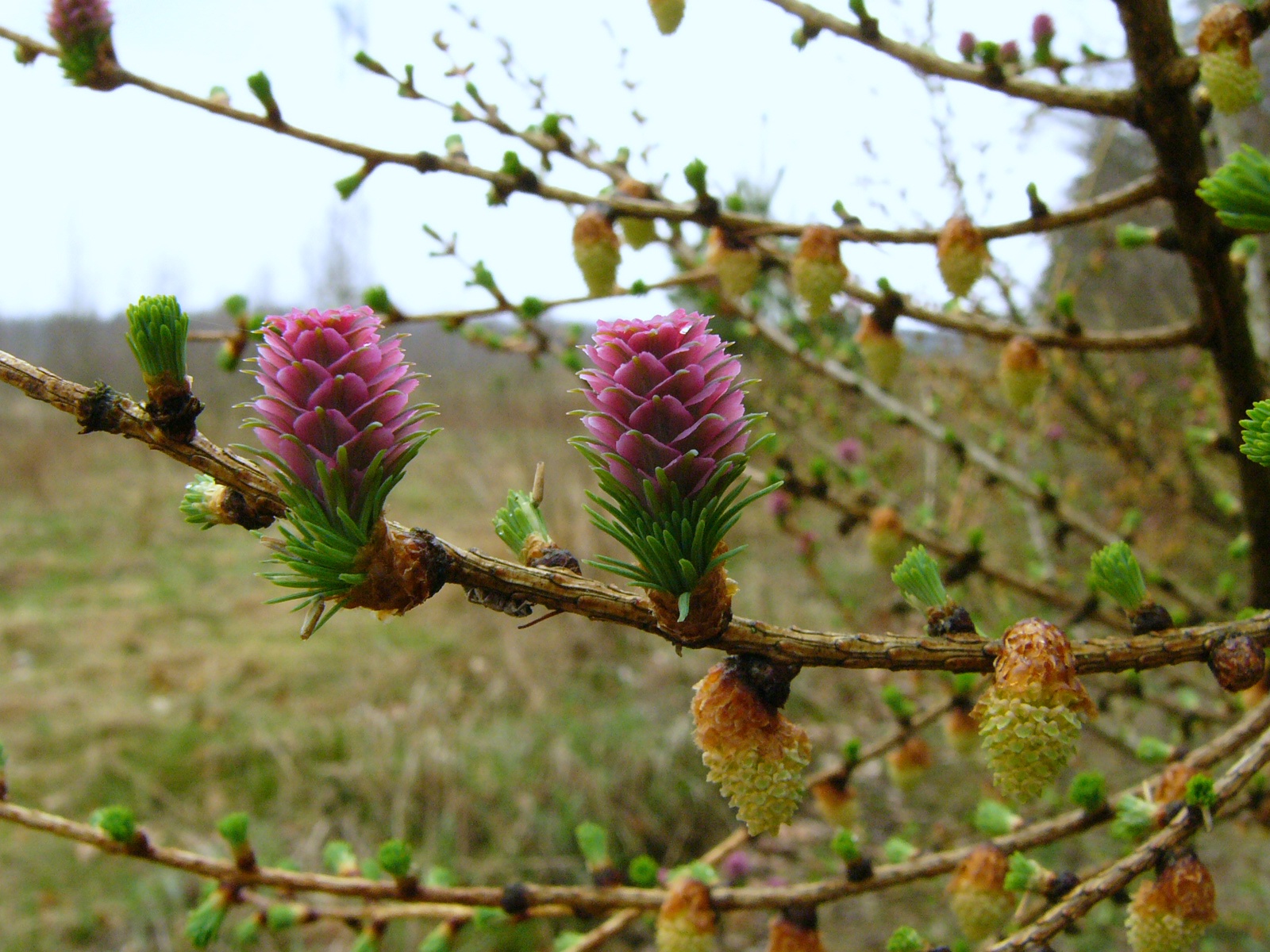











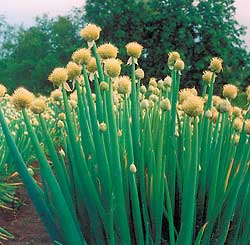



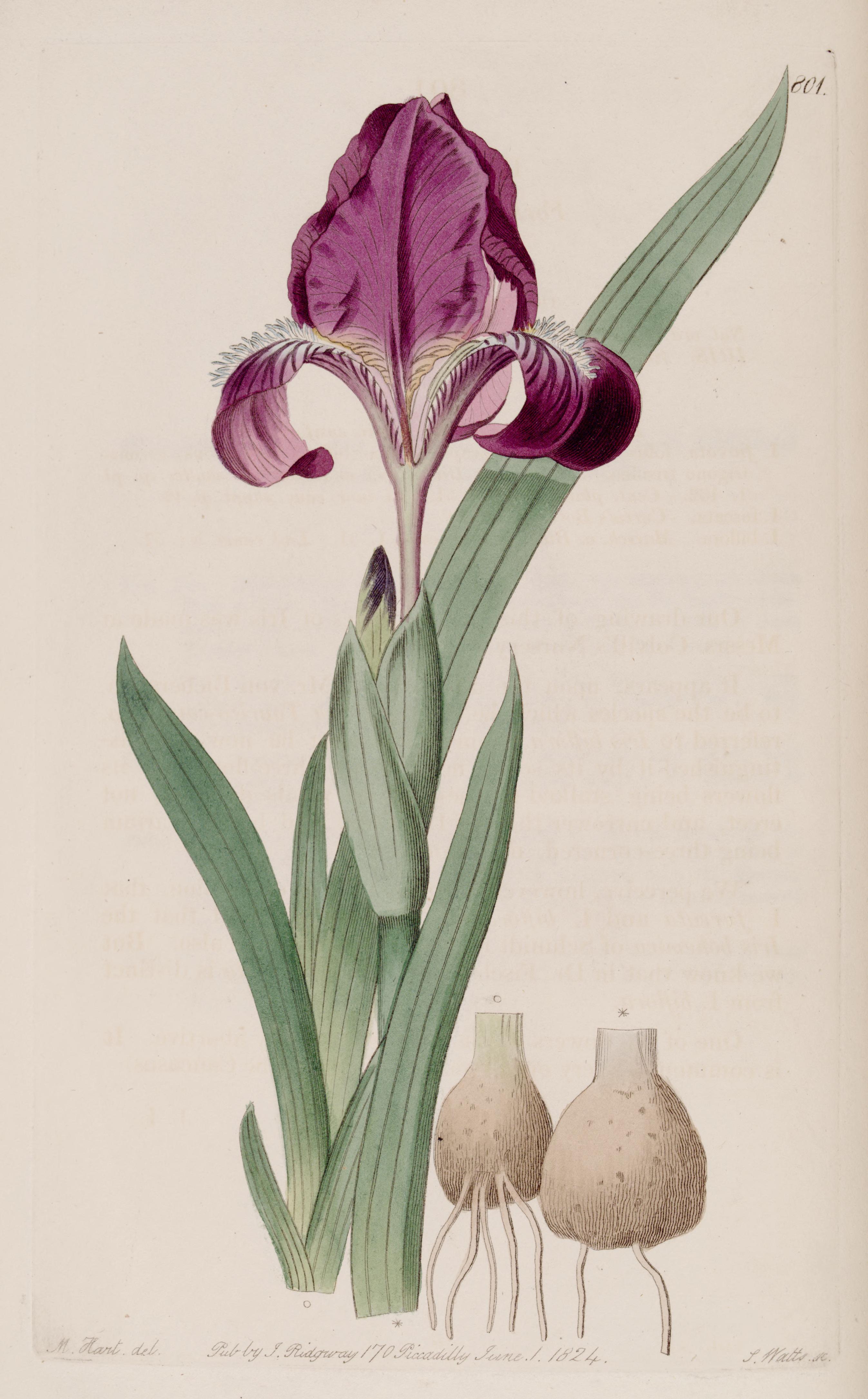




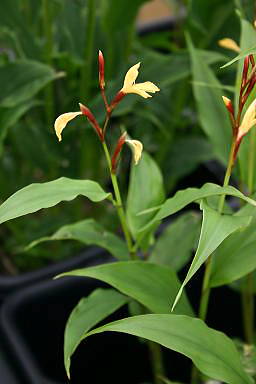







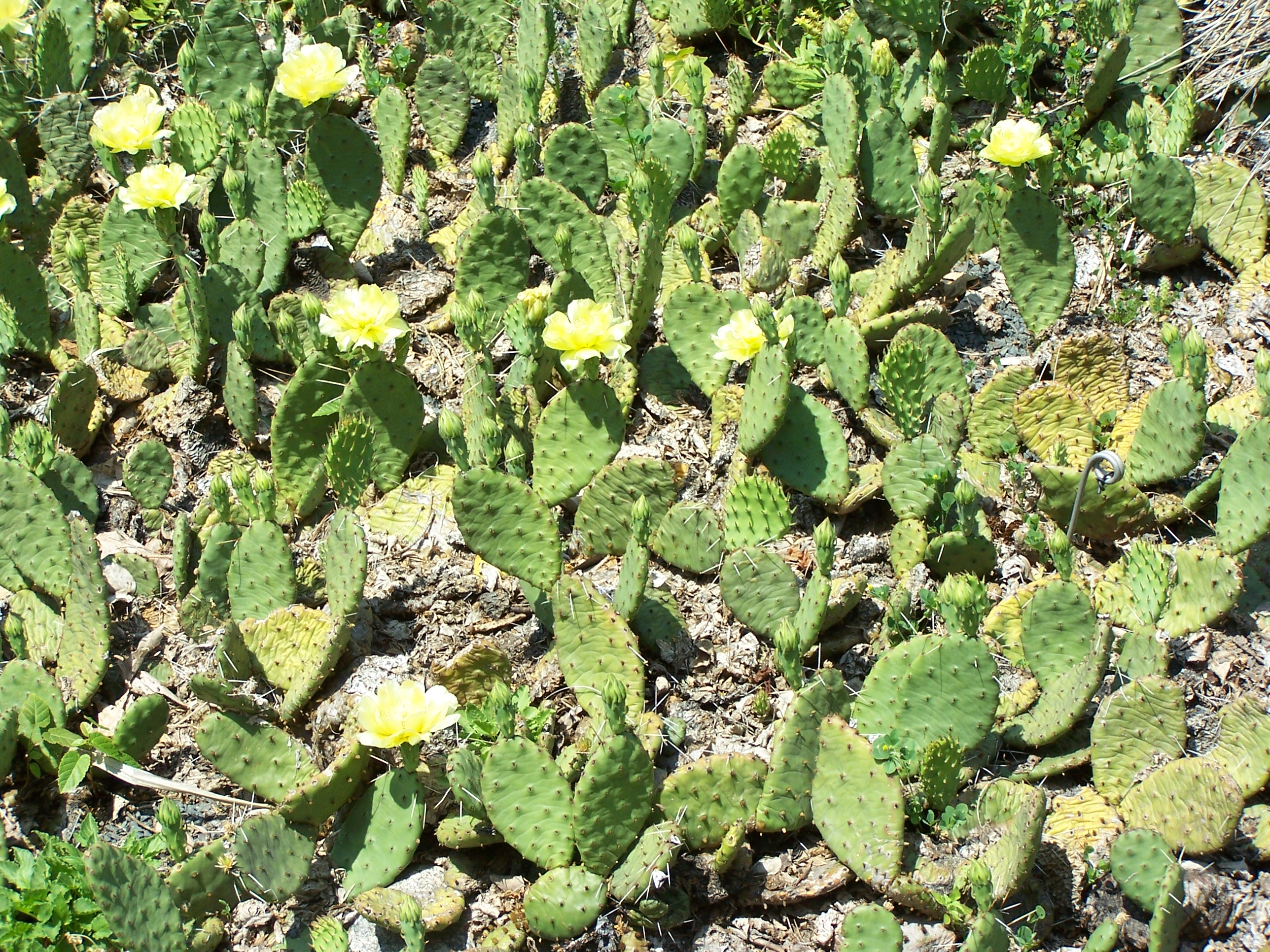
Perseus Digital Library
* * See http://www.plantsoftheworldonline.org/terms-and-conditions for license. * *
Perseus Digital Library
{{DEFAULTSORT:Descriptive plant species epithets (A-H)
 Since the first printing of
Since the first printing of Carl Linnaeus
Carl Linnaeus (; 23 May 1707 – 10 January 1778), also known after his ennoblement in 1761 as Carl von Linné Blunt (2004), p. 171. (), was a Swedish botanist, zoologist, taxonomist, and physician who formalised binomial nomenclature, the ...
's ''Species Plantarum
' (Latin for "The Species of Plants") is a book by Carl Linnaeus, originally published in 1753, which lists every species of plant known at the time, classified into genera. It is the first work to consistently apply binomial names and was the ...
'' in 1753, plants have been assigned one epithet
An epithet (, ), also byname, is a descriptive term (word or phrase) known for accompanying or occurring in place of a name and having entered common usage. It has various shades of meaning when applied to seemingly real or fictitious people, di ...
or name for their species
In biology, a species is the basic unit of classification and a taxonomic rank of an organism, as well as a unit of biodiversity. A species is often defined as the largest group of organisms in which any two individuals of the appropriate s ...
and one name for their genus
Genus ( plural genera ) is a taxonomic rank used in the biological classification of extant taxon, living and fossil organisms as well as Virus classification#ICTV classification, viruses. In the hierarchy of biological classification, genus com ...
, a grouping of related species. These scientific names have been catalogued in a variety of works, including '' Stearn's Dictionary of Plant Names for Gardeners''. William Stearn
William Thomas Stearn (16 April 1911 – 9 May 2001) was a British botanist. Born in Cambridge in 1911, he was largely self-educated, and developed an early interest in books and natural history. His initial work experience was at ...
(1911–2001) was one of the pre-eminent British botanists of the 20th century: a Librarian of the Royal Horticultural Society
The Royal Horticultural Society (RHS), founded in 1804 as the Horticultural Society of London, is the UK's leading gardening charity.
The RHS promotes horticulture through its five gardens at Wisley (Surrey), Hyde Hall (Essex), Harlow Carr (Nort ...
, a president of the Linnean Society and the original drafter of the '' International Code of Nomenclature for Cultivated Plants''.
The first column below lists seed-bearing species epithets from ''Stearn's Dictionary'', ''Latin for Gardeners'' by Lorraine Harrison, ''The A to Z of Plant Names'' by Allen Coombes, ''The Gardener's Botanical'' by Ross Bayton, and the glossary of Stearn's ''Botanical Latin''. Epithets from proper nouns, proper adjective English orthography sometimes uses the term proper adjective to mean adjectives that take initial capital letters, and common adjective to mean those that do not. For example, a person from India is Indian—''Indian'' is a proper adjective.
Etymol ...
s, and two or more nouns are excluded, along with epithets used only in species names that are no longer widely accepted. Classical and modern meanings are provided in the third column, along with citations to Charlton T. Lewis
Charlton Thomas Lewis (February 25, 1834 – May 26, 1904) was a United States lawyer, author and lexicographer, who is particularly remembered as a compiler of several Latin–English dictionaries.
Biography
Lewis was born in West Chester, Pe ...
's ''An Elementary Latin Dictionary''. __FORCETOC__
Key
:LG = language: (L)atin or (G)reek :L = derived from Latin, or both Classical Latin and Greek (unless otherwise noted) :G = derived from Greek :H = listed by Harrison, and (except as noted) by Bayton :D = listed in ''Stearn's Dictionary'' :S = listed in Stearn's ''Botanical Latin'' :DS = listed in ''Stearn's Dictionary'', with the word or root word listed in ''Botanical Latin'' :C = listed by CoombesEpithets













































































See also
*Glossary of botanical terms
This glossary of botanical terms is a list of definitions of terms and concepts relevant to botany and plants in general. Terms of plant morphology are included here as well as at the more specific Glossary of plant morphology and Glossary o ...
* List of Greek and Latin roots in English
The English language uses many Greek and Latin roots, stems, and prefixes. These roots are listed alphabetically on three pages:
* Greek and Latin roots from A to G
* Greek and Latin roots from H to O
* Greek and Latin roots from P to Z.
Som ...
* List of Latin and Greek words commonly used in systematic names
This list of Latin and Greek words commonly used in systematic names is intended to help those unfamiliar with classical languages to understand and remember the scientific names of organisms. The binomial nomenclature used for animals and plants i ...
* List of plant genus names with etymologies: A–C, D–K, L–P, Q–Z
* List of plant genera named for people: A–C, D–J, K–P, Q–Z
* List of plant family names with etymologies
Notes
Citations
References
* * * * * * Available online at thPerseus Digital Library
* * See http://www.plantsoftheworldonline.org/terms-and-conditions for license. * *
Further reading
* * Reprint of the 1888/1889 edition. Available online at thPerseus Digital Library
{{DEFAULTSORT:Descriptive plant species epithets (A-H)
Systematic
Systematic may refer to:
Science
* Short for systematic error
* Systematic fault
* Systematic bias, errors that are not determined by chance but are introduced by an inaccuracy (involving either the observation or measurement process) inheren ...
Plant species epithets,A
Systematic
Systematic
Systematic may refer to:
Science
* Short for systematic error
* Systematic fault
* Systematic bias, errors that are not determined by chance but are introduced by an inaccuracy (involving either the observation or measurement process) inheren ...
Plant species epithets,A
Descriptive plant species epithets,A
Plant species epithets,A
Epithets,A